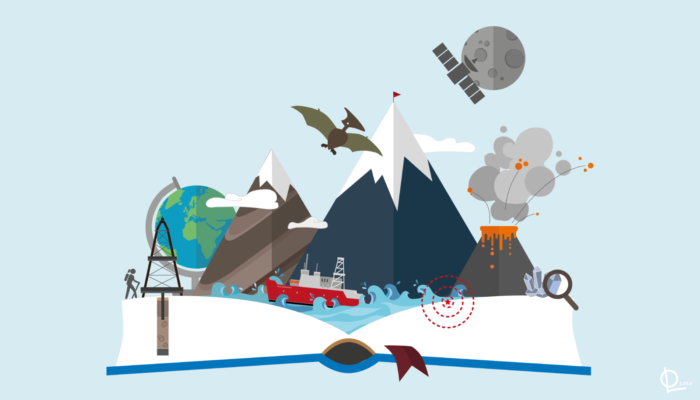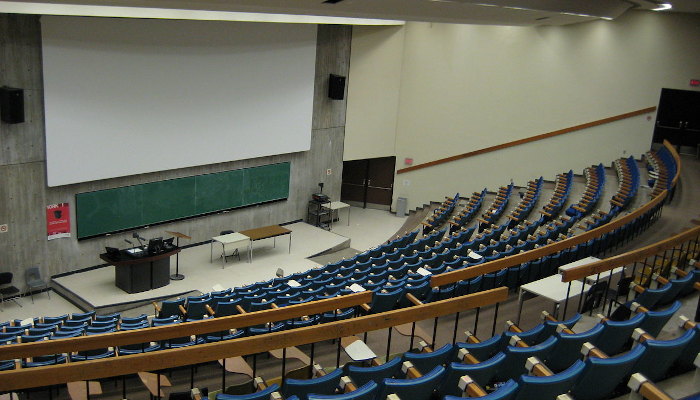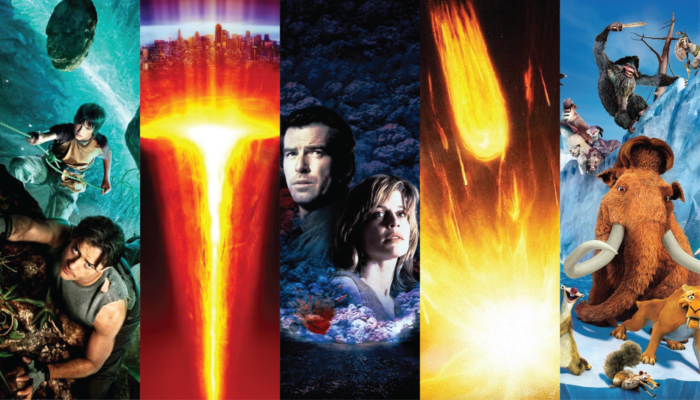During the working day, Matthew Kemp is a seismology PhD student at the University of Oxford. In his spare time, however, he writes and performs musicals about science as part of the duo Geologise Theatre, using stories to explain complex scientific concepts to a variety of audiences – from dinosaur extinction to climate change. In this week’s post, he discusses how classical story-tel ...[Read More]
Journey to the centre of the manuscript




